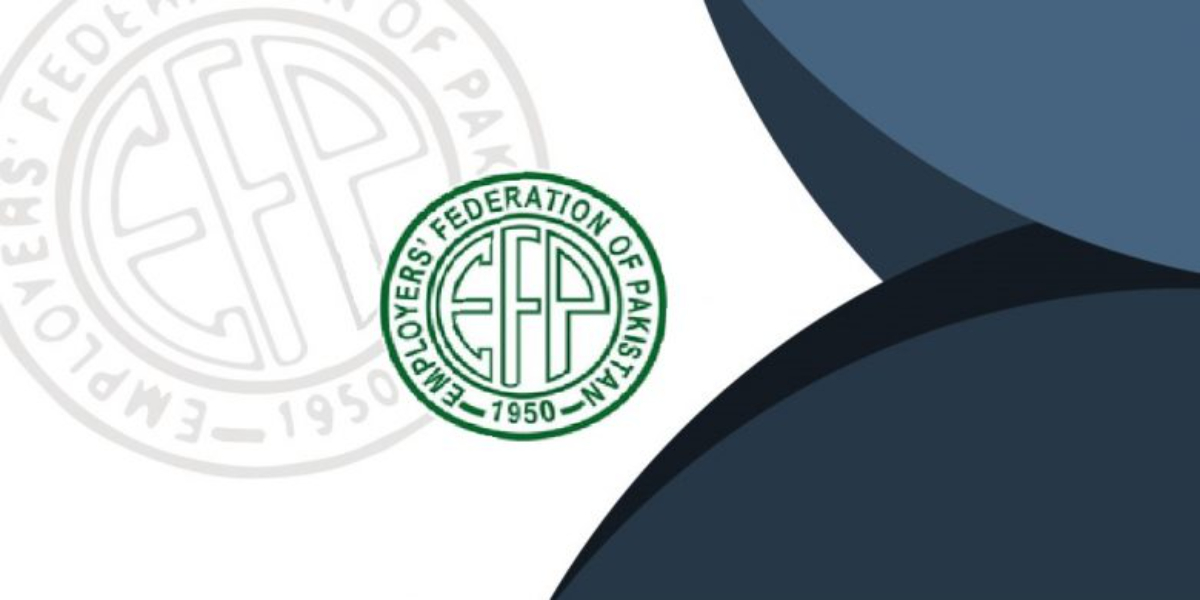KARACHI: The Employers’ Federation of Pakistan (EFP) is completely perplexed by the central bank’s action towards the recent interest rates, a statement said.
EFP president Ismail Suttar said that the State Bank’s action to increase the level of already augmented interest rates proves that there is an absolute uncertainty about the correlation between inflation and interest rates in the political structure.
The EFP president said examining the new normal, the State Bank of Pakistan has decided to spike up the interest rates for the second time to 9.75 per cent with further expectation of increase in contrast to a decrease.
The central bank claimed that this increase in the interest rate was due to a large deficit in the balance of trade, particularly led by the imported inflation phenomenon.
“If such actions subsist, the business community of Pakistan is bound to see another setback in terms of exports, the so-called solution to the problem is actually adding fuel to the fire by spiking up the prices of goods sold for the business community of Pakistan and; hence, contributing to an increase in the prices for the average everyday individual, eventually pushing the local businessman out of foreign markets,” he added.
Suttar said that when the present government came into power, the basic interest rate was 7.5 per cent and the quarterly deficit of the current account exceeded $4 billion, with a 6.2 per cent inflation in August 2018. To control the deterioration in the economic structure, the central bank gradually increased the interest rate to an all-time high of 13.25 per cent by July 17, 2019, which led to major losses in the current accounts.
With the lapse of time, the central bank observed the balance of trade, escalating and consequently took action to dampen the extortionate interest rate, all in the middle of the Covid-19, but as the economy started normalising, things started to deteriorate again.
He said the historic trends of the past few decades are enough to prove that an increase in the interest rates have adversely affected Pakistan’s economy time and again.
Analysing the economic structure at hand, the Employers’ Federation of Pakistan adheres to the belief that the economic structure of Pakistan, is in actual reality, a cost push inflationary structure, where an increase in the interest rates will cause a boisterous rise in prices as opposed to a decrease.
Suttar said: “The State Bank of Pakistan should keep in consideration that such actions, only by means of simple incomprehension are bound to hit economies negatively. A simple deliberation on the matter, can lead us to realise that the traditional system of increasing interest rates is resulting in collapse in the economic structure of Pakistan and if no action is taken in due time, the country would be facing the recession upfront.”
The economic structure of Pakistan, being a cost push, can tackle the inflation issue by tough administrative or fiscal policy regimes. As always, the consideration and analysis of important entities, in this regard, will play a very vital role in the establishment of sustainable systems that will build the trust of the business communities in the region to foster growth and development on their end.
[embedpost slug=”/ecc-approves-textile-and-apparel-policy-2020-25-with-certain-conditions/”]

















